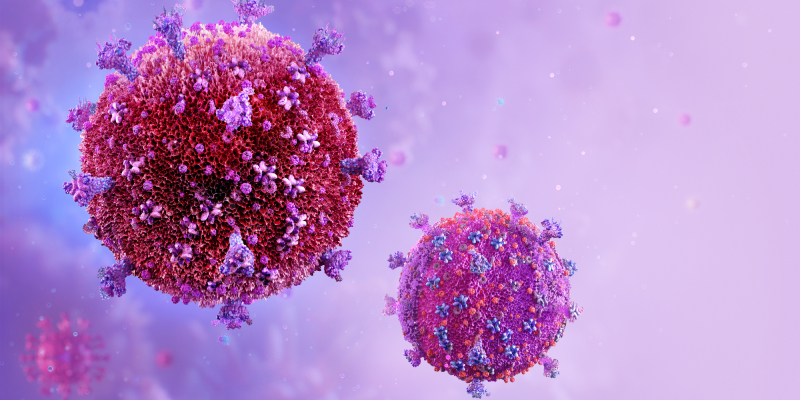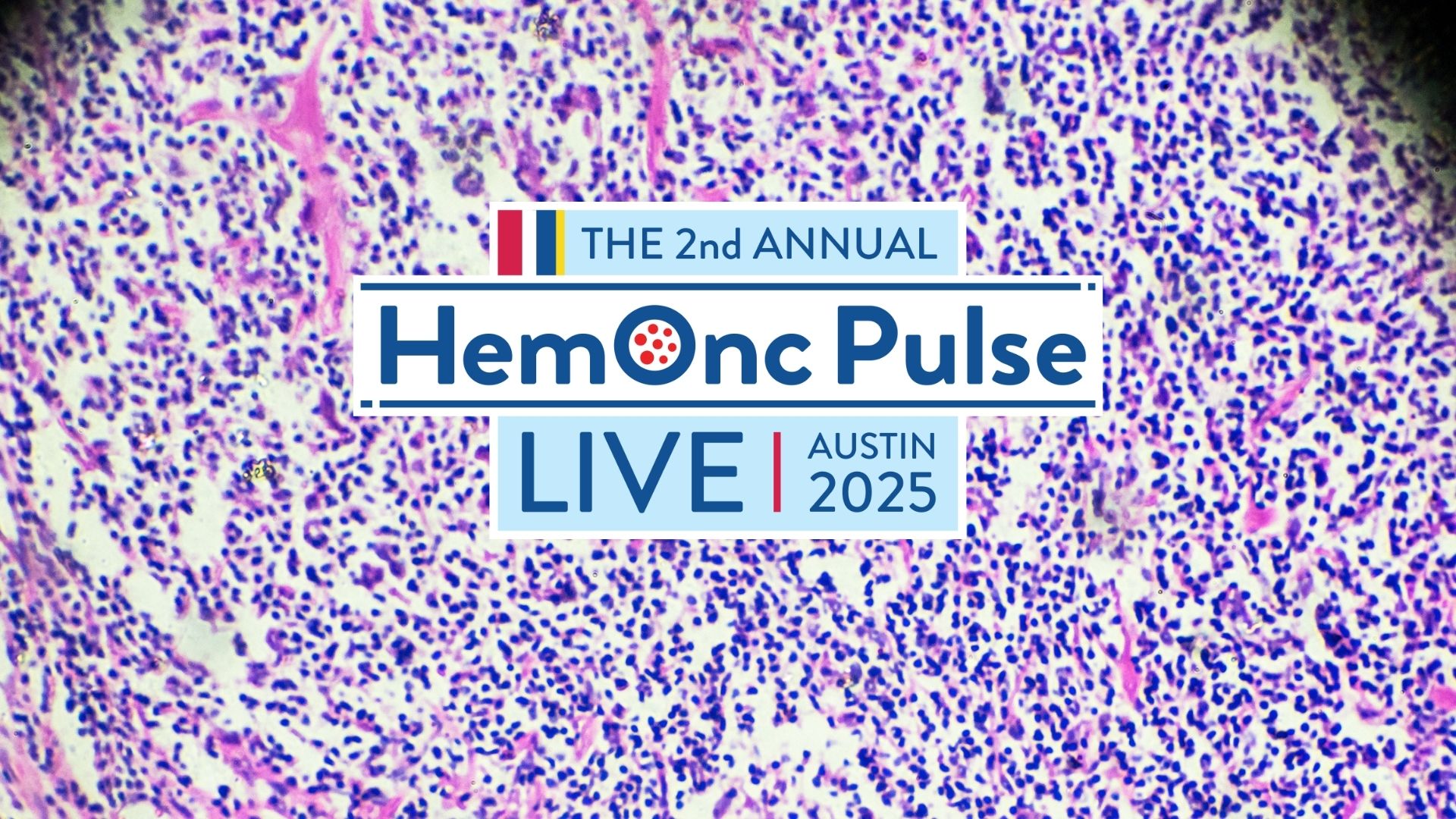
Brentuximab vedotin in combination with doxorubicin, vinblastine, and dacarbazine (AVD) demonstrated significant efficacy and manageable adverse event rates in HIV-associated classical Hodgkin lymphoma (HIV-cHL), according to phase II results from a phase I/II trial.
“We aimed to understand the activity and safety of brentuximab vedotin–AVD in people living with HIV diagnosed with Hodgkin lymphoma, while focusing on HIV disease parameters and antiretroviral therapy (ART) interactions,” the study’s authors, led by Paul Rubinstein, MD, wrote.
Patients eligible for the open-label, single arm, multicenter study (n=41) were adults aged >18 years, diagnosed with untreated stage II–IV HIV-cHL, a Karnofsky performance status greater than 30%, and a CD4-positive T-cell count >50 cells/μL. Additionally, all patients were receiving ART and did not use strong CYP3A4 or P-glycoprotein inhibitors.
The treatment protocol involved administering brentuximab vedotin intravenously at a dose of one to two mg/kg standard AVD doses for six cycles, administered on days one and 15 of a 28-day cycle. The primary objective of the phase II portion was to evaluate the two-year progression-free survival (PFS) rate, assessed in all eligible participants who initiated the treatment.
Out of the 41 patients enrolled in the study, 34 (83%) were diagnosed with stage III–IV HIV-cHL, while the remaining seven patients (17%) had stage II unfavorable HIV-cHL. After a median follow-up duration of 29 months, 90% of the patients completed the full therapy, and 37 achieved a complete response to the treatment. The study reported a two-year PFS of 87% and overall survival rate of 92%.
However, several grade 3 or worse adverse events did occur over the duration of the study period. Peripheral sensory neuropathy was reported in 10% of patients, while neutropenia affected 44% of patients, and febrile neutropenia occurred in 12% of patients. One treatment-related death was reported, which was attributed to an infection.
The researchers remarked that the forthcoming five-year data of this trial will assess the long-term sustainability of the achieved outcomes.
“Brentuximab vedotin–AVD was highly active and had a tolerable adverse event rate in HIV-cHL and is an important therapeutic option for people with HIV-cHL,” the authors wrote in conclusion, “The complete response rate is encouraging and is possibly related to a unique aspect of HIV-cHL biology.”
Reference
Rubinstein PG, Moore PC, Bimali M, et al. Brentuximab vedotin with AVD for stage II-IV HIV-related Hodgkin lymphoma (AMC 085): phase 2 results from an open-label, single arm, multicentre phase 1/2 trial. Lancet Haematol. 2023;10(8):e624-e632. doi:10.1016/S2352-3026(23)00157-6






 © 2025 Mashup Media, LLC, a Formedics Property. All Rights Reserved.
© 2025 Mashup Media, LLC, a Formedics Property. All Rights Reserved.